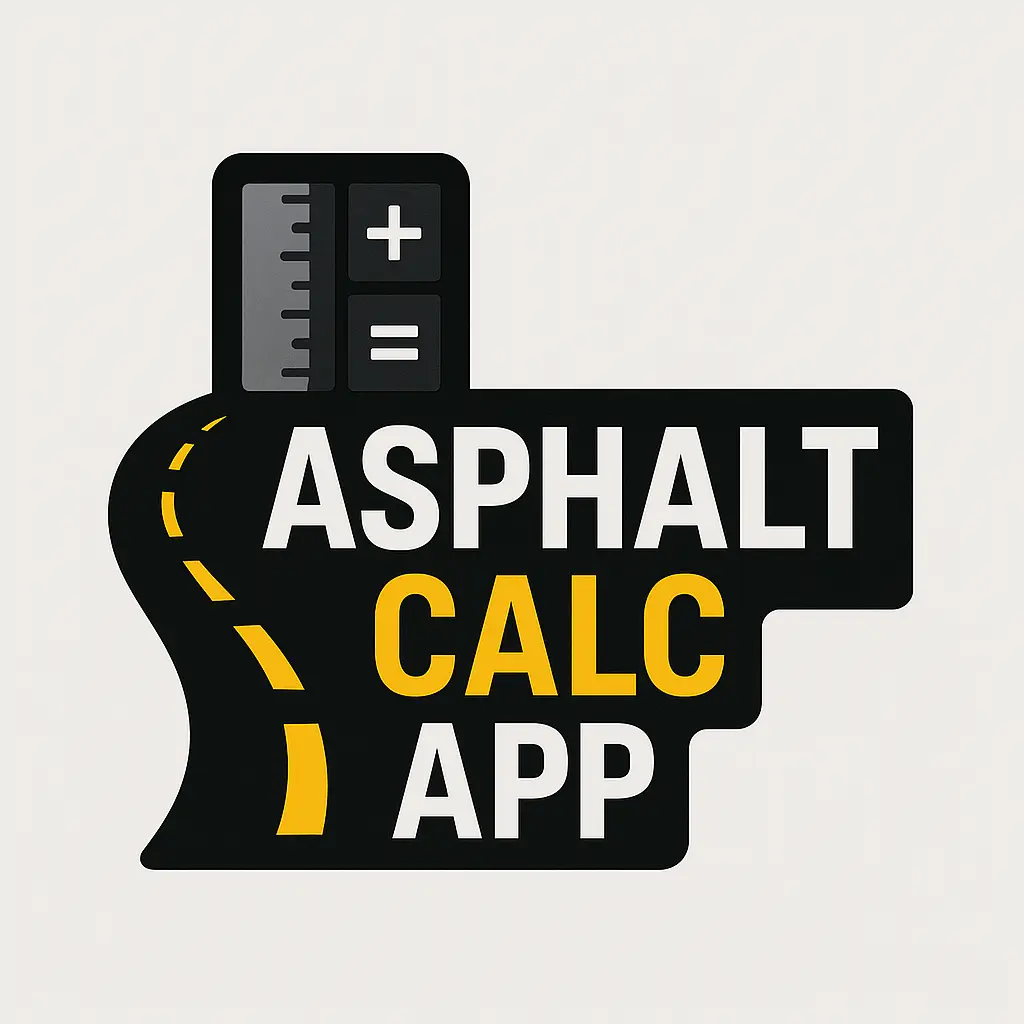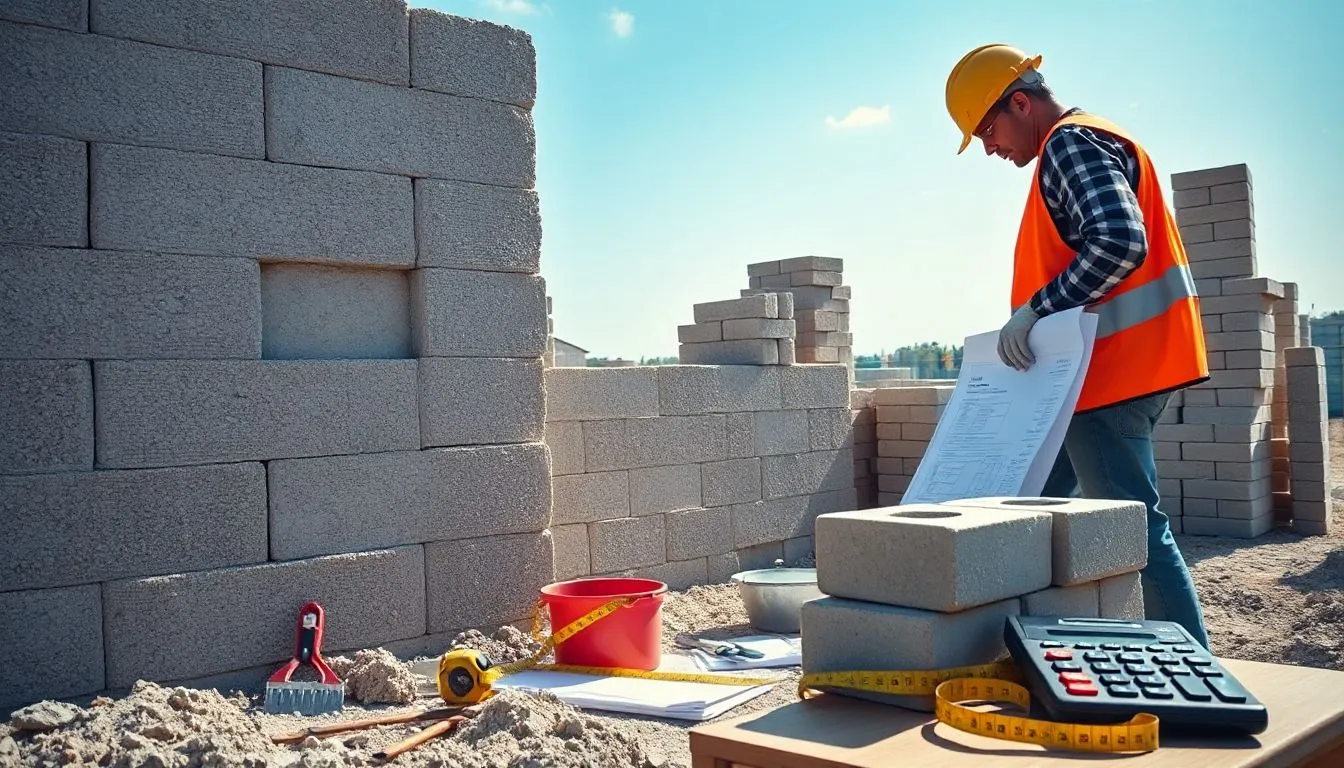Introduction: Build Smarter, Not Harder
Planning a construction project that involves concrete or cinder blocks? Whether you’re building a retaining wall, garage, garden bed, or even a small home structure, it all starts with accurate material estimation. That’s where a cinder block calculator comes in handy.
Instead of guessing, calculating by hand, or overordering, you can use this tool to figure out exactly how many blocks, how much mortar, and the total cost you’ll need for your job. This guide walks you through how to use a block calculator and why it’s essential for your next building project.
👉 Use the Cinder Block Calculator Tool to get instant, accurate results.
What Is a Cinder Block Calculator?
A cinder block calculator is an online tool designed to help you estimate the number of standard concrete or cinder blocks needed for a construction project based on wall dimensions and block size.
Some calculators (like ours) even go beyond just block count—they estimate:
-
Mortar needed
-
Project cost
-
Waste allowance
-
Rebar or foundation materials (if applicable)
Why You Need a Cinder Block Calculator
Accurate calculations mean:
-
✅ Less material waste
-
✅ Controlled budgeting
-
✅ Time saved from overbuying or making mid-project runs to the hardware store
-
✅ Better planning for delivery and storage
Whether you’re a homeowner, contractor, or DIYer, a block wall calculator removes the guesswork from your project.
How to Use a Cinder Block Calculator
To use the cinder block calculator, all you need to know are a few simple project details:
Input:
-
Wall Height (feet)
-
Wall Length (feet)
-
Block Size (e.g., 16″ x 8″ x 8″)
-
Mortar Joint Size (typically ⅜”)
Output:
-
Number of blocks needed
-
Bags of mortar or mix are required
-
Project surface area
-
Cost estimate (optional, based on local pricing)
Standard Cinder Block Sizes
The most commonly used block is the 16x8x8-inch cinder block.
Other standard sizes include:
-
8x8x8 inches (half block)
-
16x8x6 inches
-
16x8x4 inches (cap blocks)
Ensure that you select the correct block type when using the calculator.
Example Calculation
Let’s say:
-
Wall Height: 8 feet
-
Wall Length: 20 feet
-
Block Size: 16x8x8
-
Mortar Joint: ⅜ inch
The calculator will give you:
-
Approx. 150 cinder blocks
-
Around 7–8 bags of mortar
-
160 sq ft of wall surface
-
Estimated cost: $225–$450, depending on material prices
👉 Try your exact measurements with our free tool here: Cinder Block Estimator
How Many Cinder Blocks Do I Need?
Here’s a simple manual formula to help if you want to understand the logic behind the calculator:
Example:
-
Wall = 8 ft high x 20 ft long = 160 sq ft
-
Block Area = 1.125 sq ft
-
Blocks Needed = 160 ÷ 1.125 ≈ 144 blocks (add 5–10% for waste)
Tips for Accurate Estimations
-
Add 5–10% extra to account for cutting, breakage, and waste
-
Check if your wall requires reinforcement or backfill
-
Include corner blocks, cap blocks, or half blocks as needed
-
Double-check mortar ratios based on mix type (pre-mix vs site-mix)
Cost Estimator: How Much Does a Cinder Block Wall Cost?
| Item | Average Cost |
|---|---|
| Cinder Block | $1.50 – $2.50 each |
| Mortar | $6 – $10 per bag |
| Labor (Optional) | $10 – $20 per sq ft |
| Total (DIY) | $9 – $15 per sq ft |
🛠️ Pro Tip: You can lower costs by using local suppliers, renting tools, and buying blocks in bulk.
Try our block wall cost estimator to get real-time pricing based on your area.
How many cinder blocks do I need? block wall calculator, cinder block cost estimator
Cinder Block vs Other Building Materials
| Material | Avg Cost/Sq Ft | Lifespan | Pros |
|---|---|---|---|
| Cinder Block | $9–$15 | 50+ years | Fireproof, durable |
| Brick | $10–$18 | 75+ years | Aesthetic appeal |
| Wood Frame | $6–$12 | 25–40 years | Lightweight, cheap |
| Concrete Panel | $12–$20 | 50+ years | Strong, less flexible |
✅ Recyclable: Many cinder blocks can be crushed and reused
✅ Energy efficient: Great for insulation in extreme climates
✅ Low maintenance: Doesn’t rot, attract pests, or burn
FAQs About Cinder Block Calculator
❓ How many cinder blocks do I need for a 10×10 wall?
For a 10 ft x 10 ft wall (100 sq ft), using 16x8x8″ blocks:
❓ What size is a standard cinder block?
A standard block is 16 inches long x 8 inches tall x 8 inches deep.
❓ How much mortar do I need per block?
On average, ¾ to 1 bag of mortar is needed for every 20–25 blocks.
❓ Can I use this calculator for retaining walls?
Yes, but be sure to factor in reinforcement, drainage, and engineering loads for walls that are over 4 feet high.
❓ Where can I find the best cinder block calculator online?
Right here: ✅ AsphaltCalcApp Cinder Block Calculator
Final Thoughts
A cinder block calculator is your best tool for cost-effective, waste-free planning—whether you’re building a shed foundation, retaining wall, or raised bed garden.
With a few quick inputs, you’ll get:
-
✅ Exact block quantity
-
✅ Mortar needs
-
✅ Budget estimate
Try it out now using the cinder block estimator, and build smarter from the ground up.

